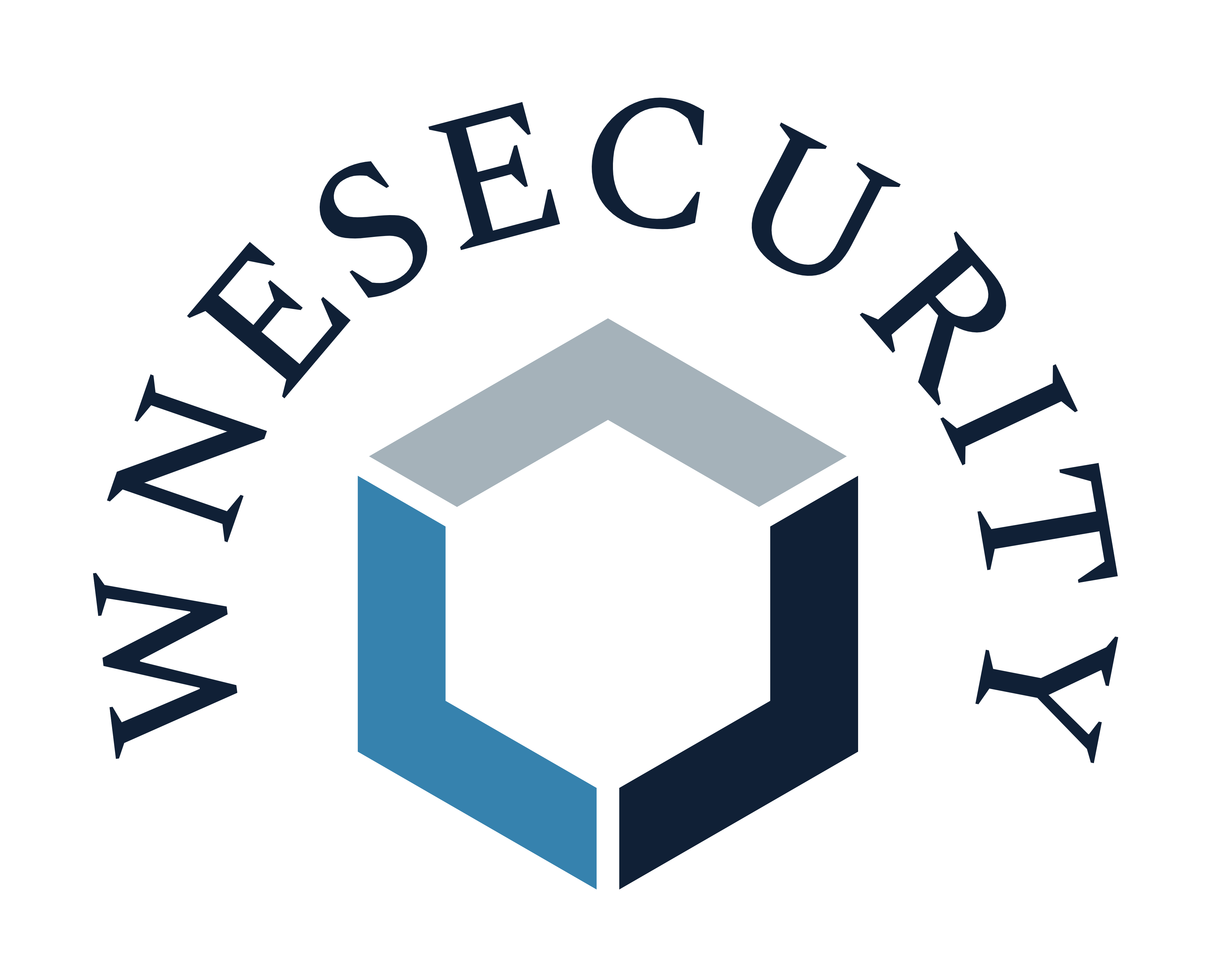WNE Security News
Read more about “CVE-2023-43770 Roundcube Webmail Persistent Cross-Site Scripting (XSS) Vulnerability” and the most important cybersecurity news to stay up to date with
CVE-2023-43770 Roundcube Webmail Persistent Cross-Site Scripting (XSS) Vulnerability

Learn about CVE-2023-43770 Roundcube Webmail Persistent Cross-Site Scripting (XSS) Vulnerability and other newly exploited vulnerabilities and new best practices by subscribing to our newsletter.
CVE-2023-43770 Description
CVE-2023-43770 is a Cross-Site Scripting (XSS) vulnerability in Roundcube webmail, affecting versions before 1.4.14, 1.5.x before 1.5.4, and 1.6.x before 1.6.3. It allows attackers to execute malicious scripts through specially crafted links in plain text emails, exploiting rcube_string_replacer.php. This vulnerability has a medium severity rating with a CVSS score of 6.1. Updating Roundcube to a patched version is recommended for mitigation.
What is Affected By CVE-2023-43770
CVE-2023-43770 affects Roundcube webmail versions prior to 1.4.14, 1.5.x before 1.5.4, and 1.6.x before 1.6.3. This vulnerability allows for Cross-Site Scripting (XSS) through crafted links in text/plain email messages.
Mitigation and Remediation For CVE-2023-43770
To mitigate and remediate CVE-2023-43770, affected users should update Roundcube to versions 1.4.14, 1.5.4, or 1.6.3 and above, depending on their current version series. These updates contain fixes that address the XSS vulnerability identified in CVE-2023-43770. Updating to these versions will protect Roundcube installations from potential exploitation through crafted links in plain text emails.
Aside from updating Roundcube, general mitigations for XSS vulnerabilities include:
- Content Security Policy (CSP): Implement CSP headers to reduce the risk of XSS attacks by specifying which dynamic resources are allowed to load.
- Input Validation: Ensure rigorous validation of all user inputs to detect and block potentially malicious data.
- Output Encoding: Properly encode data output in HTML to prevent malicious code execution.
- Use of Security Libraries: Employ libraries and frameworks that automatically handle output encoding and input validation.
These strategies can help protect against XSS while awaiting updates or in other contexts where vulnerabilities may be present.
Impact of Successful Exploitation of CVE-2023-43770
The successful exploitation of CVE-2023-43770 could allow an attacker to execute cross-site scripting (XSS) attacks. This means that the attacker could inject malicious scripts into web pages viewed by other users, potentially leading to actions being performed on behalf of the users without their consent, access to sensitive information, session hijacking, and other malicious outcomes, depending on the nature of the script and the context of the application.
Learn more about WNE Security products and services that can help keep you cyber safe.
Learn about CVE-2023-43770 Roundcube Webmail Persistent Cross-Site Scripting (XSS) Vulnerability and other vulnerabilities and best practices by subscribing to our newsletter.
Subscribe to WNE Security’s newsletter for the latest cybersecurity best practices, 0-days, and breaking news. Or learn more about “CVE-2023-43770 Roundcube Webmail Persistent Cross-Site Scripting (XSS) Vulnerability” by clicking the links below




